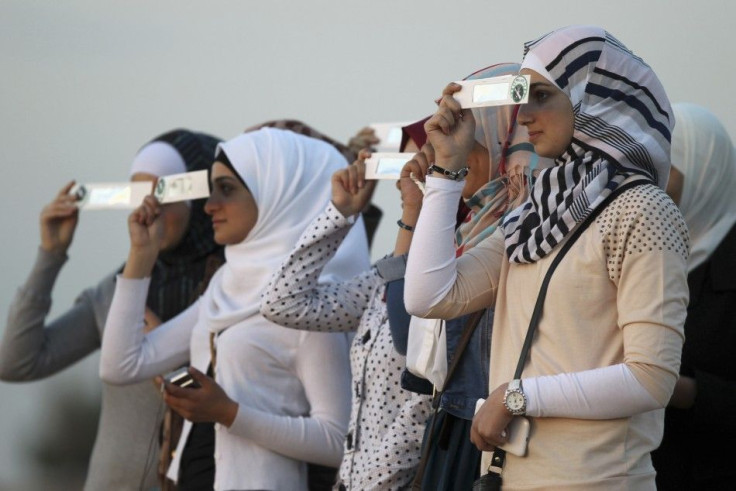Astro Tourism Surging In UK: Northumberland Dark Sky Park Is Attracting Millions Of Visitors

Britain is reaping success in a very niche segent of tourism--astro tourism. From the mother nature, it seems, people are turning their gaze into the mystery of stars and sky. Now take a look at a scene at a hot spot of Britain's astro tourism. It is late night and at England’s Black Fell high point, which looks down on Northumberland’s beautiful Kielder Water reservoir, people are waiting in car parks and wooden buildings for a glimpse of the miracles of the sky to get an entry into Kielder Observatory. It is the new centre of Britain’s thriving yet nascent astrotourism. These people are waiting eagerly for a night of star-gazing.
Inside the observatory, under dimmed lights, Gary Fildes the observatory’s founder delivers a pep talk to colleagues and volunteers and explains the starry phenomena in the sky. Fildes makes clear to some visitors that seeing the northern lights will be doubtful. Instead, he is willing to train the powerful telescopes on Jupiter and Venus and trace out stars like as Capella and Betelgeuse, reports The Guardian.
Dark Sky Park
Fildes, 49, is at the forefront of the U.K.’s burgeoning astro-tourism industry. Northumberland was shot into limelight in 2013 when the entire national park housing Hadrian’s Wall, and Forest Park with an area of 1,500 sq km was awarded Dark Sky Park status. Duncan Wise, development officer for the Northumberland National Park Authority spearheaded the campaign to get the dark-sky status after the area was adjudged as one of Britain’s most tranquil places.
Today an average of 1.5 million visitors flocks to Northumberland, buoyed by its Dark Sky status. “We get a lot of people coming here to see the sky now,” says a taxi hire operator in Newcastle. He adds, “They come in autumn and winter when it’s darkest. Good for the B&Bs as they get business all year round now.” The local hoteliers are also helpful and they assist guests with night-vision torches and put out deckchairs at night.
Astro Village
Fildes has many plans to expand the current set up. Britain’s first astrovillage has been envisaged here that would house the largest public observatory in the world with auditorium, planetarium and bigger aperture telescopes, radiomagnetic and solar telescopes. The multimillion pound project would also have a hotel. Fildes expects a four times surge in the number of visitors. He is hopeful that the astro-village will be a reality in another three years.
Scotland’s Success
In Scotland too, astro-tourism is flourishing. It is showing encouraging growth as evidenced in the recent solar eclipse on March 20 that brought thousands of excited astro-tourists to the north of Scotland. The dark skies of interior parts of the country offered the perfect environment to view the rare phenomenon. The eclipse became visible in 98 percent on the Isle of Lewis and 97 percent in Shetland and made these islands literally the darkest places in the U.K, reports News TV.
Steve Mathieson, VisitScotland's island manager on Shetland, said: "The solar eclipse is a hugely exciting and rare phenomenon, and Shetland in particular is in the right place at the right time.” For the event, Cruise and Maritime Voyages ran three solar eclipse cruises. The viewing event was held at Sumburgh Head lighthouse visitor centre and nature reserve in Shetland.
(For feedback/comments, contact the writer at kalyanaussie@gmail.com)





















